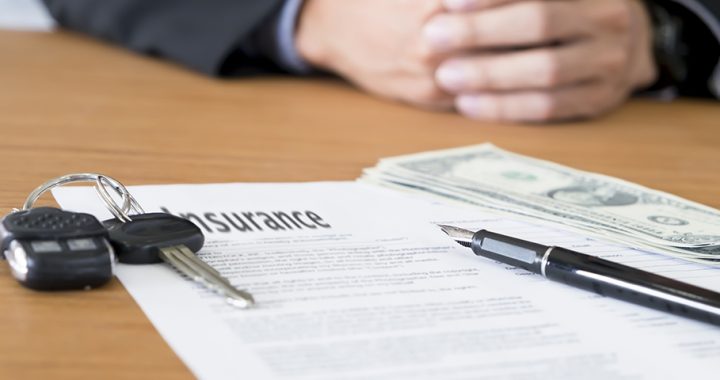Home Insurance Needs To Be Taken Seriously When Purchasing A Home
2 min readThe type and amount of coverage on a home will greatly vary from one policy to another and from one company to another.
The standard home insurance policy is a group of four different categories: coverage for the actual structure, coverage for belongings in the home, liability protection and living expenses. All four can be customized to meet certain needs. Most claims filed by homeowners are made due to natural disasters or fires, but the homeowner’s coverage does also protect property again theft as well as potential lawsuits.
The following are tips for a homeowner looking to purchase home insurance.
1. Know exactly what kind of policy you need for your home. It is important to know exactly how homeowners insurance works to be able to obtain the proper coverage. The typical policy comes in 2 different parts: Home insurance property protection and home insurance liability protection.
2. Determine insurability. To determine this, your insurance agent will ask the following about the home:
~year the home was built
~age of the electrical and plumbing
~type of roof
~square footage
~number of claims filed
~location of the home
2. Research and compare insurance companies before choosing one. It is important to know the financial strength of the company you are considering. If a particular company has good financial strength, they should have no problem paying a claim when you need them to.
3. Get the right amount of coverage needed. This may sound simple, but it is very important. You need to have enough coverage in case you need to rebuild your home completely, replace belongings and protect yourself.
4. Consider the amount of the policy deductible. Generally, the higher the deductible is the lower the premium will be.
5. Ask for all available discounts. There are many discounts available for things like smoke detectors and wind-resistant shutters. An insurance agent can provide you with details on how to save additionally on the premiums.
6. Consider all possible situations. There are particular hazards that are not covered under a regular home insurance policy, but you can add specific overages for an additional charge. An example would be flood damage. This is not usually covered but if you live in a flood zone, you can purchase it through FEMA (Federal Emergency Management Agency).
7. Communicate in detail with your insurance agent. Your agent is there for you to make sure you have everything that you want covered. It is a good idea to keep a list of your valuable items to help the agent decide on the proper coverage for your home.
8. Review your policy once every three years. Your particular needs will change as well as the market and the coverage itself. You need to stay current with your insurance to be able to rely on it when you need to.




